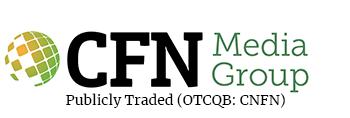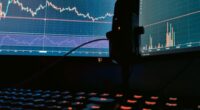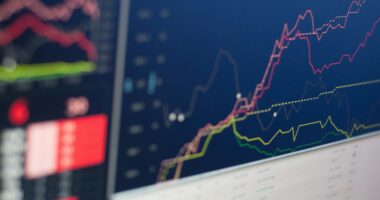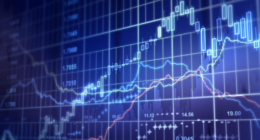Plastic recycling is woefully broken. Despite decades of public encouragement of recycling efforts, the fact remains that around 9% of the world’s plastic is actually recycled annually. At the same time, plastic production is increasing with no end in sight. The inadequacy of current technologies is partly to blame. Shortcomings include the need for extensive sorting of various plastic types; the necessity to clean and remove impurities (like labels and food) from the waste stream; intensive energy requirements; increased CO2 emissions that negate any emissions-related gains from recycling; and reliance on massive scale to make the economics work.
There is an intriguing company making its debut on the NASDAQ today via an initial public offering. Aduro Clean Technologies, Inc. (NASDAQ: ADUR) (CSE: ACT) (FSE: 9D5). The bulk of unrecycled municipal waste plastic is polyethylene, polypropylene, and polystyrene, all of which are recycled easily by Aduro’s Hydrochemolytic™ water-based process that is nearing commercialization.
Commercialization Process
Aduro is collaborating on research and development with TotalEnergies (NYSE: TTE) after positive testing results in Aduro’s customer engagement program. Shell and five other multi-billion dollar companies (unnamed due to NDA) are also testing various feedstocks through the same engagement program. The companies include a multinational food-packing and a global building materials company, demonstrating the range of potential clients for Aduro.
The company aims to conclude the pre-commercialization phase of its development by completing a pilot unit that can recycle 5-10 tons of plastic waste per day by mid-2026. The current demonstration unit has shown impressive, effective yields north of 80% and up to 95%, which is above industry averages (30 to 55%).
Aduro’s business model focuses on capex-light licensing agreements to hasten the commercialization of its technology, rather than building huge centralized factories. The scalability of the platform is a feature that could certainly aid in higher recycling rates.
Market Potential
If Aduro were to recycle 1 million tons of plastic waste per year, which was Shell’s 2025 recycling goal, the company would generate $106 million in EBITDA thanks to licensing revenues. A modest 20x EBITDA multiple would value Aduro at over $2 billion (in 2027-2028). Global plastic waste currently sits in the neighborhood of 400 million tonnes annually and is expected to increase significantly over the coming years.
Comparable companies, such as PureCycle Technologies (NASDAQ: PCT), which focuses on recycling one of the seven types of plastic (polypropylene) trades at a $2.3 billion market cap and is still pre-revenue with one commercial unit that is yet to generate meaningful revenue. Polypropylene accounts for less than 20% of plastic production. Meanwhile, Aduro is valued around $166 million and it has proven capable of recycling polypropylene, polystyrene, and polyethylene which together account for about 70% of the plastics found in American municipal waste streams.
The company has spent over a decade developing its revolutionary recycling process that works on not just plastic but also bitumen, renewable oils, and other market verticals as well. In aggregate, the total addressable market of these industries exceeds $200 billion.
Why Haven’t I Heard of Aduro?
Aduro has spent the last several years heads down in the lab, going public only recently in 2021. In the last two years or so the company has started actively engaging both potential customers and the investment community at large, but its stock has been traded on a lower-tier market in Canada and the OTC market in the United States.
Aduro’s new listing on the NASDAQ signals a new era for the company, a sort of coming of age as the technology has been proven and the process of commercialization has begun in earnest.
Following the IPO of its shares on the NASDAQ, Aduro Clean Technologies is sitting on over $10 million in cash in its coffers. This should be enough for the company to build its first pilot unit as well as cover 12 to 18 months of working capital. It’s a pretty good runway for the little company, and the new listing can only help by opening doors to more partners and investors who may have stayed away or simply not known of the opportunity on the lower-tier exchanges.
Keep an eye on Aduro’s progress as it seeks to advance an exciting and desperately needed technology into a major aid in the development of a circular economy for plastics.










